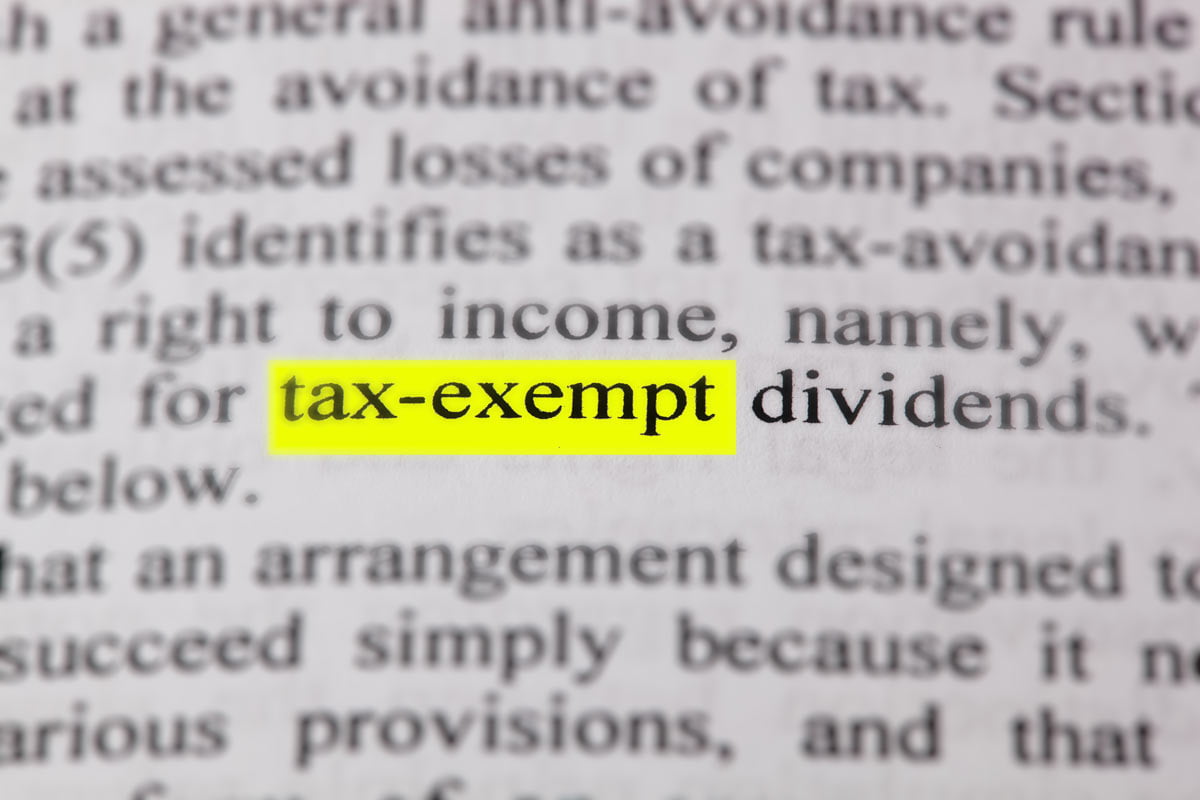Once your organization obtains exempt status under IRS 501(c)(3), it is important to be aware of the Federal and State rules and regulations that must be followed to avoid jeopardizing the organization’s exempt status.
Required Federal Filings
990, 990-EZ, or 990-N
Annual information return for public charities. Type depends on the organization’s size. Return is due on the 15th day of the 5th month following the end of the fiscal year. For example, May 15th is the 990 deadline for an organization with a December 31st year-end and November 15th is the 990 deadline for an organization with a June 30th year-end.
990-PF
Annual information return for private foundations. Filing deadline is the same as for the 990 & 990-EZ.
990-T
If an exempt organization has unrelated business income in excess of $1,000, it must file an annual 990-T tax return to report unrelated business income. Filing deadline is the same as for the 990 & 990-EZ. Unrelated business income is income from business activities that are not related to your tax exempt mission. Most common forms of unrelated business income are advertising and rental income from debt-financed properties.
Failure to file a 990 return on time will lead to late filing penalties. Failure to file a 990 return for three consecutive years will lead to the loss of tax exempt status.
An organization can lose its tax exempt status if unrelated business income is a significant portion of their total revenue.
Payroll
If applicable, payroll filings are due to IRS and to the state on a quarterly and annual basis. Payroll laws are complex and we always recommend consulting with an expert to determine your filing needs. Payroll errors can lead to severe penalties and taxes. Wegner has a payroll department that can help you prepare and file accurate payroll reports.
Forms 1096 & 1099-MISC
If applicable, the organization has to file Form 1096 with the IRS by February 28th each year. The 1099-MISC has to be mailed to the vendor by January 31st each year. In general, the 1099-MISC should be issued to anyone who was paid $600 or more for services, prizes and awards, and legal fees. Should also be issued when you pay $10 or more in royalties. Please contact us if you need assistance preparing these forms.
Required State Filings
State Solicitation Returns
Solicitations laws vary by state. In most cases, exempt organizations that solicit contributions are required to register in each of the states where contributions are solicited. Most of these states will require an annual filing. Contact us if you need help determining what the requirements are for a particular state(s).
Payroll
As mentioned earlier, if applicable, payroll filings are due to IRS and to the state on a quarterly and annual basis. Payroll laws are complex and we always recommend consulting with an expert to determine your filing needs. Payroll errors can lead to severe penalties and taxes. Wegner has a payroll department that can help you prepare and file accurate payroll reports.
Sales Tax
Sales tax rules vary by state. Most states grant exempt organizations a sales tax exemption. This exemption covers sales taxes owed by the exempt organization. It generally does not exempt the organization from having to collect sales tax on products sold. Most common examples are merchandise and concession sales. Familiarize yourself with the laws of the state in which you conduct business to make sure you’re complying with applicable laws.
Gaming
Gaming laws vary by state. Bingo games and raffles are considered gaming for purposes of state laws and for 990 reporting purposes. Most states require a gaming license and some states have annual reporting requirements. Familiarizing yourself with state laws will ensure that your organization is in compliance.
Recordkeeping
The organization’s permanent records should include the organization’s Articles of Incorporations, Bylaws, IRS Determination Letter, and the 1023 Application for Exempt Status. The 1023 is subject to public disclosure laws and should be made available to the public upon request. We also recommend keeping a copy of each 990 and state return filed in your permanent records. 990 returns (excluding Schedule B) are subject to public disclosure laws for 3 years from the date the return is due or filed, whichever is later.
Other documents such as accounting records, personnel records, and board minutes should be kept in accordance with the organization’s document retention and destruction policy. If your organization doesn’t have this policy, access a sample policy on our website.
For accounting records, make sure you keep files that support each of the transactions recorded in your books. That includes, for examples, bank statements, copies of bank deposit slips, copies of checks written along with the invoice or other supporting documentation for the expense, credit card statements, etc.
Activities that can jeopardize your tax exempt status under 501(c)(3)
Political Activities
Organizations exempt under IRS 501(c)(3) are prohibited from participating in political activities. Political activities is defined by the IRS as “participating in any political campaign on behalf of or in opposition to any candidate for public office”. Political activities are activities that deal with people running for any public office- whether it be a local school board, city, county, state, or federal office. If someone has to vote, the public charity is prohibited from endorsing or opposing any candidate.
What is not prohibited is participating in “get the vote out” campaigns. Encouraging people to vote is allowed so long as the exempt organization does it in a neutral manner that doesn’t favor any one candidate.
Lobbying Activities
Lobbying activities are different in that public charities are allowed to conduct a limited amount of lobbying activities. Lobbying is defined by the IRS as “any activity designed to influence legislation”. Exempt status is not jeopardized so long as lobbying is not the organization’s main activity.
Private Benefit and Inurement
Private benefit are “activities that substantially benefit the private interest of an individual or organization”. Private Inurement is allowing “income or assets to accrue for the benefit of insiders”.
Public charities that engage in either of these practices can be assessed excise taxes and run the risk of losing their exempt status. In addition, excise taxes can be assessed on each board member who approved the transaction(s) leading to the private benefit and/or inurement.
Private benefit and inurement occur when unreasonable payments are made to an individual or organization. For example, unreasonable officer compensation can be considered private inurement. Purchasing or renting property from an officer or director at above-market rates without proper cause can also be considered private inurement.





